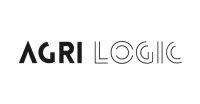For AFEX Nigeria, an innovative commodities exchange connecting smallholder farmers to large scale buyers, we were contracted to develop commodities export with an initial focus on ginger and cocoa.
Based on a thorough due diligence to assess credibility, we generated recommendations to adjust the domestic trading template to export and facilitated market introductions to cocoa and spices buyers.



